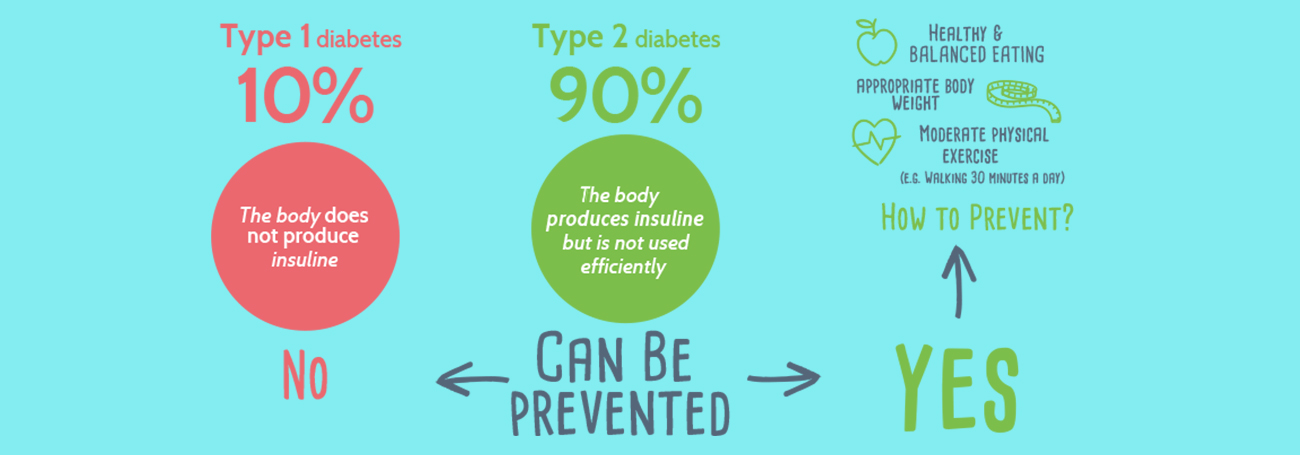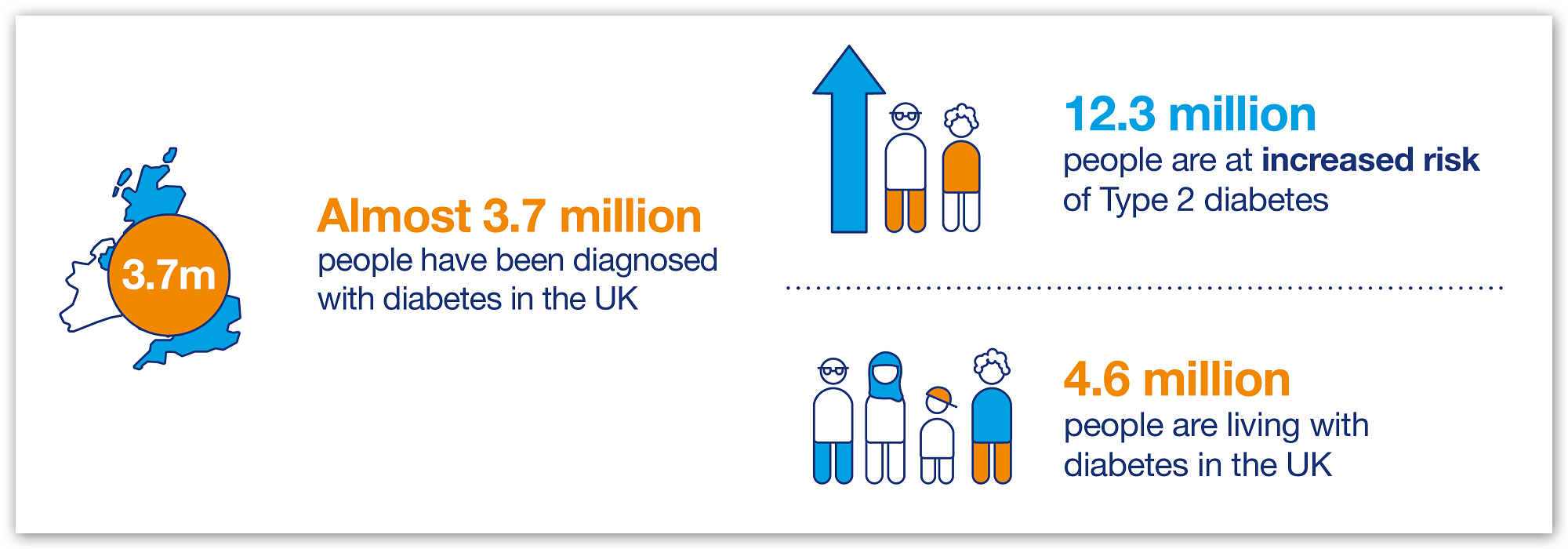What is diabetes? What's the difference between type 1 and type 2? Is one more serious than the other?
Those questions and more will be answered when we invite staff to a diabetes awareness talk from a leading member of the Oldham Diabetes Voluntary Support Group, which is run by people who have diabetes, to provide help, advice and support to fellow sufferers, their families, friends and carers.
The presentation will be delivered by the group's chairman, Barry Cassidy, who has been a volunteer for almost 18 years and has shared his knowledge and advice with more than 2,000 people over that time. He says: "HPP contacted me to offer a donation to our group as part of your charitable endeavours. And, by way of acknowledgement of that kind gesture, I offered to deliver an awareness talk.
"An awareness of the condition helps people to understand what it's all about and promotes the adoption and maintenance of healthier lifestyles - both physical and mental - benefitting them and their family, friends and employers. A win-win all round.
"Our strapline is 'helping you to help yourself', and that's the same message for any condition."

One employee living in the shadow of diabetes is our Sales Executive Shankar (Shanks) Das, who despite being physically fit and active, was first told he was at risk of developing the condition about two years ago and was advised to improve his diet to help keep it at bay.
"I was feeling under the weather, so I went to my GP, and they took some bloods. When the results came back, they said I was pre-diabetes, which meant it would develop if I didn't do something about my diet," explains Shanks.
"I've been quite a fit person for a long time - I play five-a-side football, do cardio at the gym and play badminton at Oldham Sports Centre. Fitness isn't the problem - it's trying to change your diet when you've eaten the same things for such a long time.
"My mum and dad developed diabetes in their 50s, so even with a better diet there is potential I might still get it because it can be hereditary," adds Shanks, who says he has a healthy diet at home in Ashton-under-Lyne but has a liking for sandwiches, pasta dishes and fast food at work and at the weekends!
The Oldham Diabetes Voluntary Support Group was formed in 2005 to offer awareness and practical advice in coping with the condition and, where possible, avoiding it in the first place.

Barry adds: "I was diagnosed in 1998 and since then I've given awareness talks to 2,100 people, including companies, social clubs, patient groups, individuals, faith groups, lunch clubs, Greater Manchester Police frontline and custody teams, and GP practices.
"Most recently, I delivered it to 35 staff members of my own GP practice, and I'm now preparing to deliver it to six more."
And if you're wondering about the answers to those questions we posed at the beginning, here they are.
Diabetes is a lifelong condition that causes a person's blood sugar level to become too high. The main difference between the type 1 and type 2 diabetes is that type 1 is a genetic condition that often shows up early in life, and type 2 is mainly lifestyle-related and develops over time.
One isn't any more serious than the other. People with either type are at risk of cardiac events if the condition is not well managed, as well as other complications including eye disease and blood vessel damage.